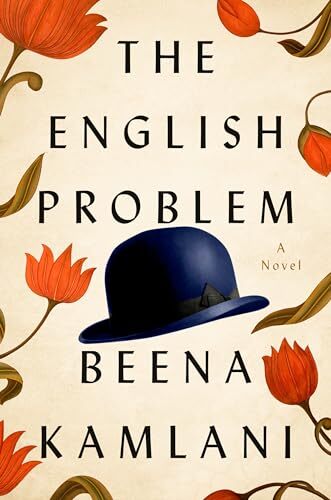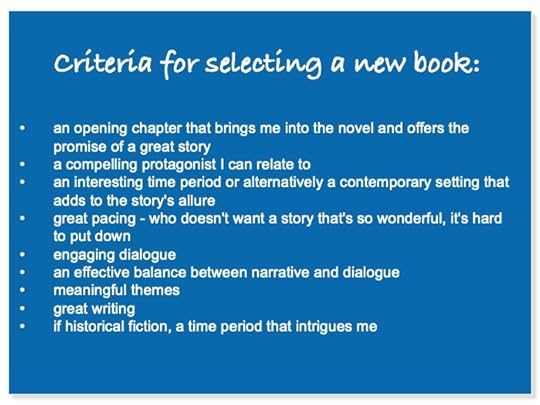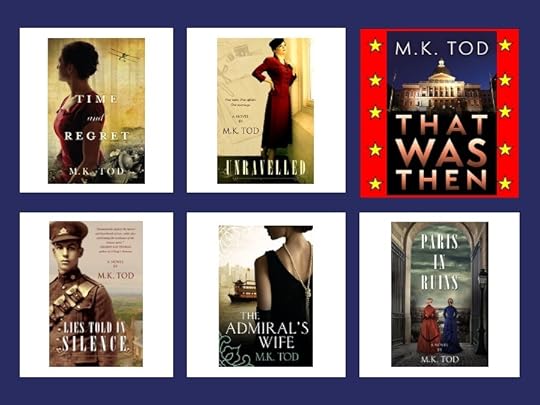The English Problem by Beena Kamali
A second novel from the TBR list I posted about in late July is The English Problem by Beena Kamlani. Here’s the blurb:

Book description: Shiv Advani is an eighteen-year-old growing up in India. But he is no ordinary young man. Shiv has been personally chosen by Mahatma Gandhi to come to England, learn their laws, and then return home and help drive the British out of India. Before he leaves, his family insists he fulfill his arranged marriage, and he is hastily betrothed to a young woman he hardly knows.
He arrives in London and soon discovers a world he is both repelled by and drawn to. Shiv knows his duty: get in, learn the letter of the law, get out. But as anyone who has ever lived in a British colony can tell you, “the English Problem” is multifaceted. The racist colonialism of “the empire on which the sun never sets” seeps into everything—not just landed territories, but territories of the mind: literature, language, religion, sexuality, self-identity. Soon the people Shiv sought to be liberated from will be the people he desperately wants to be a part of. In the end, Shiv must fight not only for his country’s liberation but also his own.
I selected The English Problem because it features an aspect of history I know little about – India’s road to independence from the yoke of British imperialism. I confess that the title also intrigued me, one could read so much into that title!
You might recall some of the criteria I use to select and assess the books I read:

Shiv Advani – the main character of The English Problem – leapt off the page from the opening chapter. Even at a young age – 18 at the novel’s opening – he is dedicated to India’s desire for independence. But like many of that time and nationality, Shiv willingly accepts his parents’ authority and is honoured to be chosen by the famous and influential Mahatma Gandhi for service to his country.
We follow Shiv’s journey to England, his bewilderment and initial uncertainty, the way he gradually adapts, makes friends, and finds love. Chapters that reveal Shiv’s academic and career success, as well as his personal and emotional growth, are interwoven with somewhat mysterious chapters about a difficult return trip to India many years later.
The time period is early 1930s Britain – not entirely new to me, however, this novel reveals the darkness of British society at that time amidst emerging threats from Nazi Germany. Themes of nationhood, racism, striving for achievement, duty, and dedication to family and country are compelling. The emotional appeal of the story is significant.
Pacing? Every evening – did I tell you that I mainly read in bed? – I quickly immersed myself in Shiv’s story. And there were plenty of twists and turns and dramatic events that kept me turning the pages.
Balance? I occasionally grew impatient with descriptive passages or long bits of narrative, however, those did not detract from Shiv’s story, or perhaps I should say India’s story of independence.
Dialogue? Excellent.
Characters? Beena Kamlani has created a cast of memorable characters each of whom are critical to the story and its themes. There are people who support Shiv and his mission, two people Shiv falls in love with (I won’t say more about that!), university classmates who become lifelong friends and others who attempt to hamper his success. Shiv’s mother and father appear in the beginning chapters and later through Shiv’s thoughts or his reflections on their letters. They are a prominent and dominating factor in his life. Mahatma Ghandi is another critical character in the story and I enjoyed this look at his powerful influence on the country.
Great writing? Yup. Beena Kamlani is an excellent writer. Penguin Random House – or is that Random Penguin House (ha ha) – includes this statement: “The English Problem is so self-assured and ambitious, it is hard to believe it is a debut.”
Critique? Two items to comment on here. One is the parallel timeline where Shiv is returning to India by ship. This timeline felt awkward to me. Not present enough to appreciate the point the author is trying to make and not frequent enough to build tension or develop character. The second is the ending which, of course, I can’t reveal. It may be that I haven’t thought enough about the author’s purpose in choosing this particular ending.
Recommendation? An excellent novel. One I would highly recommend!
Next up, The King’s Messenger by Susanna Kearsley.
FOR MORE ON READING & WRITING HISTORICAL FICTION FOLLOW A WRITER OF HISTORY. There’s a SUBSCRIBE function on the right hand side of the page.

M.K. Tod writes historical fiction. Her latest novel THAT WAS THEN is a contemporary thriller. Mary’s other novels, THE ADMIRAL’S WIFE, PARIS IN RUINS, TIME AND REGRET, LIES TOLD IN SILENCE and UNRAVELLED are available from Amazon , Nook , Kobo , Google Play and iTunes . She can be contacted on Facebook or on her website www.mktod.com .
The post The English Problem by Beena Kamali appeared first on A Writer of History.



